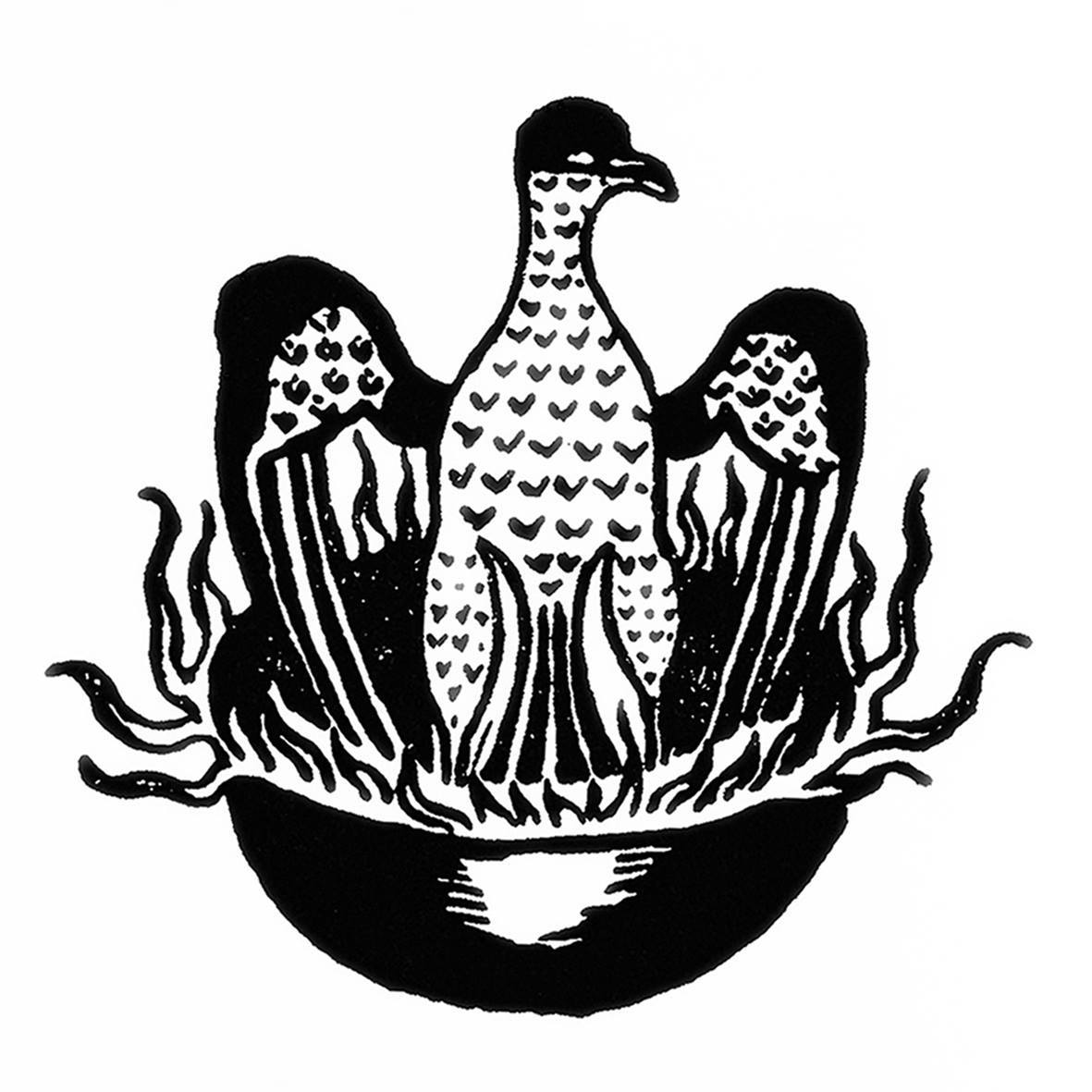38th International D. H. Lawrence Conference: D. H. Lawrence and the End
Published on June 29, 2024
–
Updated on February 18, 2025

Dates
from March 13, 2025 to March 15, 2025
Location
Bâtiment Weber, salle de séminaire 2
D. H. Lawrence and the End
“Already the dark and endless ocean of the end
is washing in through the breaches of our wounds,
already the flood is upon us.”
“The Ship of Death”, Last Poems
The end of Lawrence’s life was remarkably fruitful in terms of literary production, despite his declining health, and his lucid meditations on the end of life in Last Poems give us a singular conception of the end as a new beginning: “It is the end, it is oblivion [...] A flush of rose and the whole thing starts again” (Poems 632-633). Death is of course a part of life, which Lawrence imaginatively explored in his fiction through the deaths of his characters, by illness (Thomas Crich, Mrs Morel), accident (Annable, Tom Brangwen), suicide (Gerald Crich, Mabel Pervin) or murder (Banford, Romero, Kangaroo), and the effect their end has upon the lives of those around them.
The last year of his life also saw the writing of his final book, Apocalypse and the Writings on Revelation, which exhibits his vision of death and resurrection, as do other stories such as The Man Who Died and The Plumed Serpent. A biblical reading of the end in Lawrence’s work may thus be discussed, focusing on biblical motifs (deaths or near-deaths in floods) and the belief in immortality. On a more pessimistic note, Lawrence at times contemplates the illusion of the end and the futility of life: “It ends, and it always ends, in the ghastly sense of the bottomless nothingness into which you will inevitably fall if you strain any farther. [...] But the end of the rainbow is a bottomless gulf down which you can fall forever without arriving” (The Fox 69). This might also lead to a reflection upon the nature of “the end of living” (LCL 55) in terms of ambitions, motivations and aspirations in Lawrence’s fiction.
Yet the notion of the end encompasses more than the end of life, as Lawrence offers us poetical and narrative experiences of the end of many life moments: friendships and love affairs, youth and innocence, as well as the end of time spent in England or in various localities abroad, at the “far ends of the earth” (LCL 281). For the end is also a spatial concept, which Lawrence analysed in connection with his stay in Cornwall, longing to escape beyond the borders of England. When at last he was allowed to go beyond the ends of English territory, he mused upon which end of the earth to travel to – East or West – and opted for “the morning end of the sea” (CP 687).
The conference further invites reflection on the particular time in which Lawrence wrote: the turn of the century and the death of Queen Victoria marked the end of an era, as did WW1 and the social and political turmoil it caused. As Lawrence wrote: “It was in 1915 the old world ended” (K 216). In terms of art and literature, we could say that Lawrence witnessed and participated in the end of Romanticism and of the Victorian novel.
The barbarity and widespread impact of the Great War elicited the idea of the end of civilisation and the end of humanity, giving strength to existing theories of cultural degeneration, pervasive mechanisation and increasing dehumanisation. From an ecological perspective, the end of the human race, as imagined by Mellors in Lady Chatterley’s Lover, may allow non-human life to heal and proliferate, but Lawrence was also sensitive to the dying state of the environment.
Finally, we would welcome formal and stylistic approaches to endings in Lawrence’s fiction, from open-ended stories to the rewriting of endings, the end of poetic lines, stanzas, poems, paragraphs and chapters, as well as Lawrence’s own thoughts on writing the end.
We invite reflection on the following, non-exhaustive list of themes:
- the end in DHL’s life
- the end in character development
- historical ends
- geographical ends
- the end in literature and art
- the end of civilisation/humanity
- the end of the world
- death and resurrection
- endings in fiction and poetry
- to what end? Goals and aspirations
- endlessness
Conference Fee: 80 euros
Link to our journal Etudes Lawrenciennes http://lawrence.revues.org/
We would like to thank the Centre de Recherches Anglophones and the Société D'Etudes Modernistes for their generous financial support.
Updated on 18 février 2025
Contact :
Fiona FLEMING : f.fleming@parisnanterre.fr
Documents to download
- Programme PDF, 149 kB
- affiche 2025.pdf PDF, 7 mB












